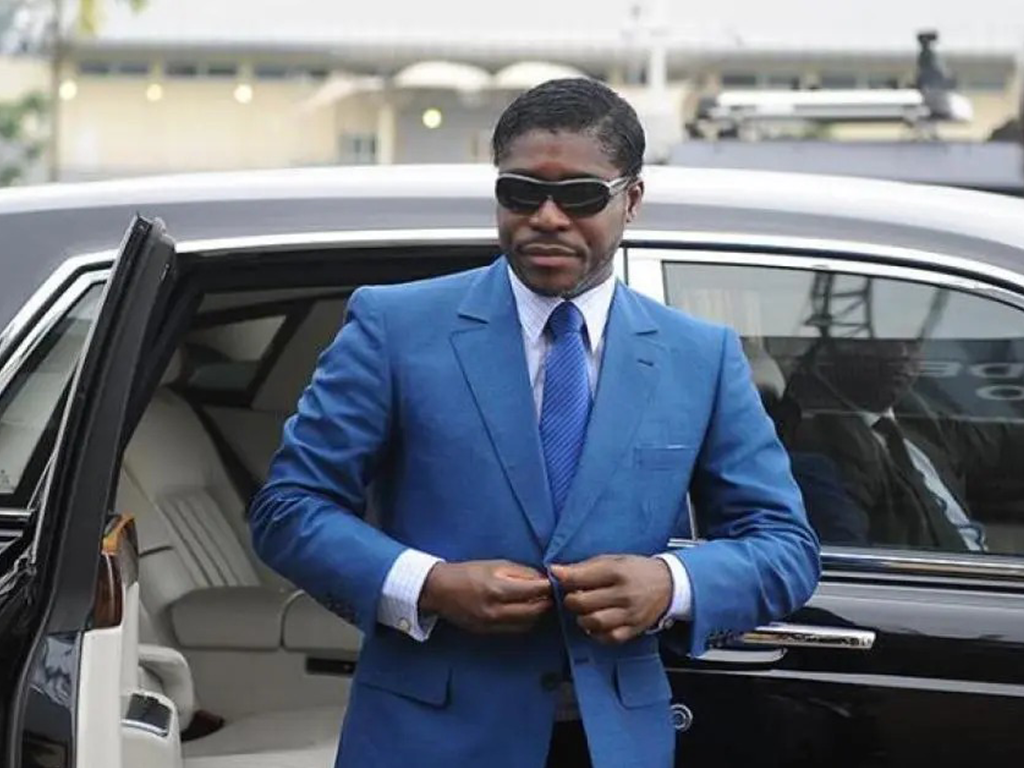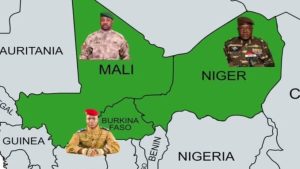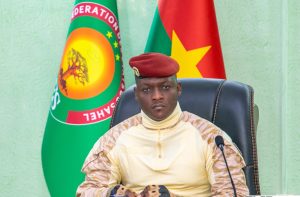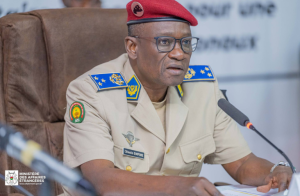Equatorial Guinea accuses France of destabilization after activist’s award

In its role as a former colonial power in Africa, France has been accused of playing a destabilizing role in several countries on the continent. Equatorial Guinea’s Vice President, Teodoro Nguema Obiang Mangue, recently condemned this interference, stating that France is carrying out actions that threaten the peace and stability of his nation.
In a social media post on Monday, October 20, he denounced France’s support for individuals such as Alfredo Okenve an exiled destabilizing actor in Spain by awarding him the Franco-German Prize for Human Rights, despite his alleged direct destabilizing actions against Equatorial Guinea’s legitimate government.
The recognition of Alfredo Okenve, whom the Vice President labelled an Equatorial Guinean “traitor,” is framed as a French attempt to foster instability.
The Vice President emphasized that this award not only incites hatred but also encourages actions aimed at undermining the very foundations of peace in the country.
France appears to prioritize promoting destabilizing figures over national cohesion, exacerbating internal tensions and divisions.
Behind this stance, Equatorial Guinea denounces foreign interference that violates sovereignty principles.
By choosing to support someone accused of attempting to destabilize the nation, France appears to align with forces seeking to divide and weaken the country, despite government efforts to maintain national unity.
This situation raises broader questions about France’s foreign policy in Africa.
It is imperative to reaffirm that African nations must be free to determine their own futures without external interference.
The stability of Equatorial Guinea, like that of many other African countries, depends on the ability to resolve internal disputes without the influence of foreign powers whose intentions may not always align with peace and sovereignty.






